The Ethiopian Orthodox Tewahedo Church is one of the oldest Christian denominations, with a rich tradition that dates back to the fourth century. It is the most widespread church in Ethiopia. Moreover, its power and influence are seen not just in the religious sphere but also in politics, economics, and culture. The church is a deeply influential force in the nation, providing its citizens with spiritual guidance and moral values. There are many amazing facts about the Ethiopian Orthodox Church, such as its rich history and unique religious practices. It has so many distinct characteristics that it stands out from other churches around the world.
The Ethiopian Orthodox Tewahedo Church is a member of the Oriental Orthodox family. The church, while having its own unique beliefs and teachings, shares much in common with these other Oriental Orthodox churches. Its liturgy is very similar to those of other Oriental Orthodox churches. Furthermore, the church has a very close relationship with the Coptic Church. However, the church has maintained its unique identity and traditions throughout the centuries. This includes its own distinct language, Ge’ez, which is the official language of the church.
Additionally, the Ethiopian Orthodox Tewahedo Church is strongly associated with its monastic tradition. Furthermore, the church holds a unique Bible canon that includes some books not found in other Christian churches. Accordingly, the church has a fascinating history, one that continues to shape the culture and customs of the Ethiopia.
Related Articles
- Religion In Ethiopia | Christianity, Islam & Atheism
- Timkat Festival | How It is Celebrated?
- Meskel Festival – Ethiopian True Cross Celebration
History of the Ethiopian Orthodox Tewahedo Church
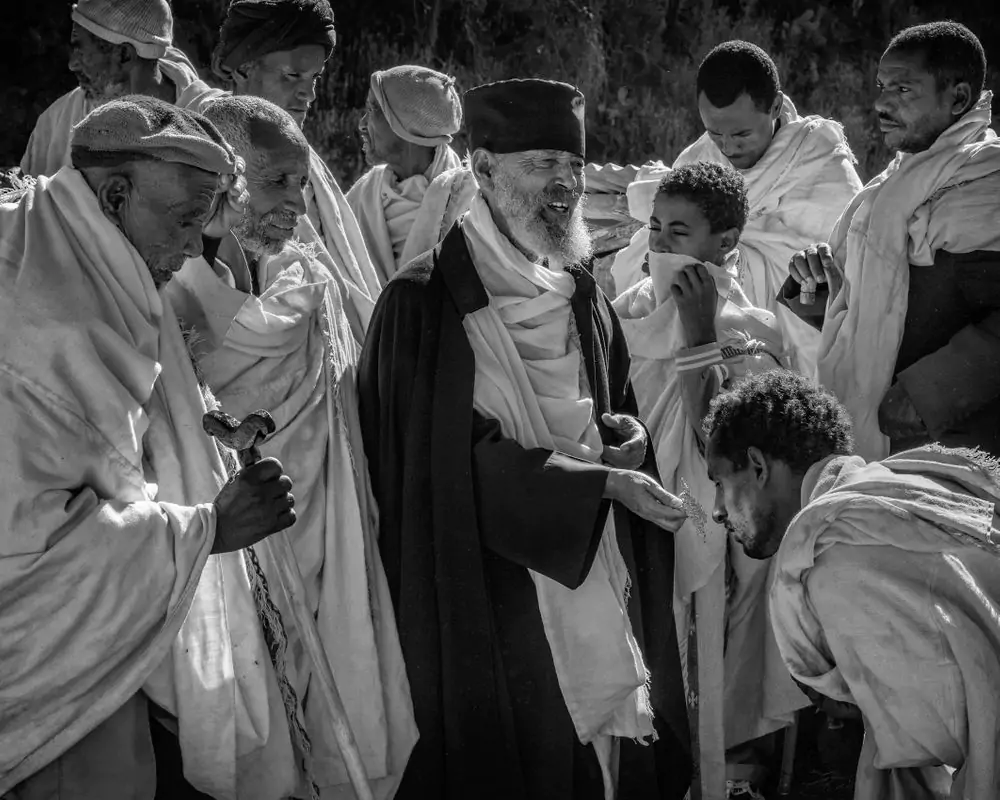
The Ethiopian Orthodox Tewahedo Church is one of the oldest Christian churches, tracing its roots all the way back to the 4th century CE. The Church was founded by two Syrian monks named Frumentius (Abba Selama Kesatie) and Edesius (Abba Aregawi). The King of Axum granted freedom to Frumentius and Edesius upon hearing about their Christian faith. As a result, Frumentius eventually became the first Abune (Patriarch) of Ethiopia. He was responsible for introducing Christianity in its Ethiopian form.
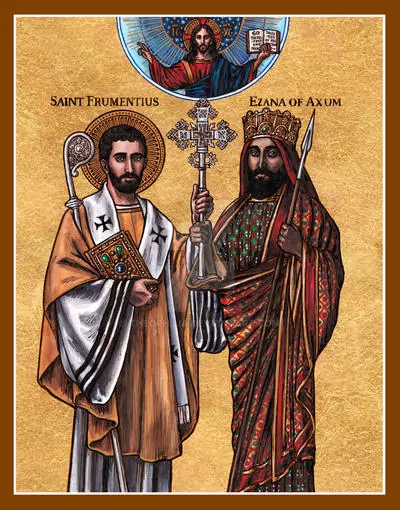
The conversion of King Ezana was of the utmost importance for the growth and spread of Christianity in Ethiopia. With this, Frumentius and Edesius had the opportunity to spread Christianity. It is believed that nine Syrian monks brought monasticism to Ethiopia at the end of the fifth century. Moreover, the Scriptures were translated into the local language of Ge’ez, making Christianity more accessible to the people. The language is still used in liturgy today.
Bishop Minas, who was of Egyptian ancestry, took over as the second Bishop of the Church after Frumentius. For about 1600 years, Ethiopians were not considered eligible for consecration as bishops. Therefore, the church had to rely on outside clerics in order to administer the sacraments. The Alexandrian jurisdiction was largely responsible for these external appointments. As a result, the church was headed by Egyptian abunas appointed by the Alexandrian patriarch of the Coptic Church.
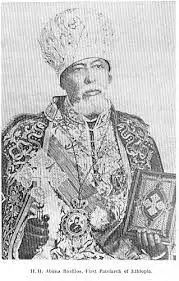
But on July 13, 1948, the Coptic Orthodox and Ethiopian churches reached an agreement that led to the elevation of the Ethiopian Orthodox Tewahedo Church to the rank of an autonomous church. The church would henceforth be free to consecrate its own bishops and form a local synod. Following this a new epoch was ushered in with the appointment of Abuna Basilios as the first native Ethiopian bishop.
Doctrines of the Ethiopian Orthodox Tewahedo Church
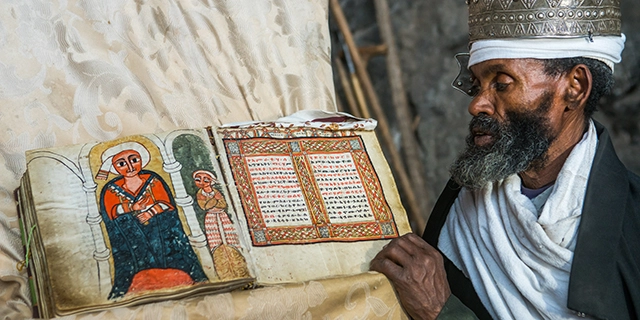
The doctrines of Ethiopian Orthodoxy remain largely the same as those of other Oriental Orthodox families of churches. The doctrines of the church stress the belief in the unity of the Trinity, the incarnation of God through Jesus Christ, and His redemptive work for mankind through his death on the Cross. Moreover, the church emphasizes the importance of Mary as the mother of God and the veneration of icons and saints in its spiritual practice.
Furthermore, the church has always adhered to the principles of non-Chalcedonian Christology. As a result the church, denies the two natures of Christ and adhers to a monophysite position. With the majority of churches in the Christian world adopting Chalcedonian Christology, this doctrine put the church at odds with them.
Ethiopian Orthodox Tewahedo Church Sacraments
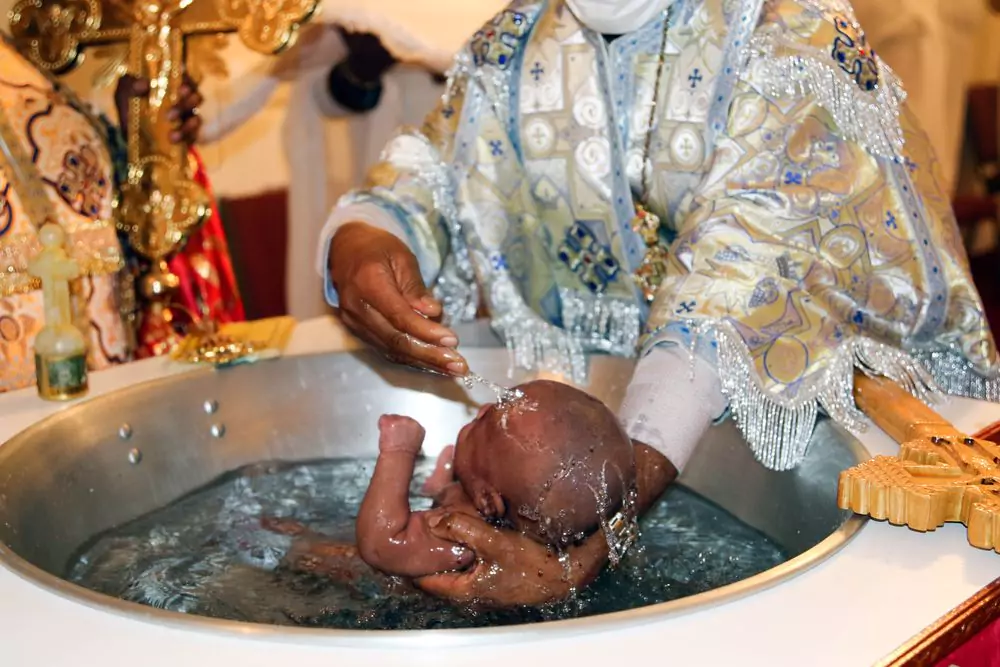
According to the Ethiopian Orthodox Tewahedo Church, a church sacrament is a holy ordinance through which the believer receives an invisible grace in the form of an outward sign, visible or audible. The Church recognizes seven sacraments, which are regarded as channels of God’s grace and are considered essential to the spiritual lives of its members. There are seven sacraments: baptism, confirmation, penance, Holy Communion, unction of the sick, matrimony, and holy orders. While the first four sacraments are necessary for every believer, the last three sacraments are specific to certain individuals and vocations within the Church.
The sacraments are a fundamental part of the Ethiopian Orthodox Tewahedo Church’s theology and liturgy. These sacraments are considered sacred and are central to the spiritual formation, growth, and nourishment of the church’s members. Here is a brief overview of each of the sacraments:
Baptism
Baptism is the sacrament of initiation into the Christian faith in which believers are born again by being immersed in water three times in the name of the Holy Trinity: the Father, the Son, and the Holy Spirit. The Sacrament of Baptism takes first place among the Seven Holy Sacraments because it serves as the gateway for people to enter the Church (as a congregation). Moreover, it is the prerequisite for receiving the other Sacraments. The EOTC practices infant baptism, which means that infants are baptized sometime after birth to cleanse them of the sin that they inherit from Adam. Additionally, the EOTC believes that baptism is a sacrament that can only be performed once in a person’s lifetime.
Confirmation
Confirmation is the sacrament in which a baptized person is anointed with holy oil, which is believed to confer the gift of the Holy Spirit. This sacrament can never be performed again, just like the sacrament of baptism.
Penance
Penance is one of the seven sacraments in the EOTC Church, and it involves confessing one’s sins to a priest and receiving forgiveness. The penitent receives, through the meditation of the priest, forgiveness of sins when he comes to him repenting and confessing them. This sacrament of penance is generally administered before accepting the Holy Communion.
Holy Communion
Holy Communion, also known as the Eucharist or the Lord’s Table, is the sacrament in which believers eat the blessed flesh of Jesus Christ and drink His precious blood in the form of bread and wine. The Eucharist is the center of the Ethiopian Orthodox Tewahedo Church’s liturgy and is even regarded as the church’s supreme act of communal worship. Believers, through this sacrament, hold intimate communion with their living Lord.
Unction of the sick
Unction of the sick is a sacrament administered to the sick with the intention of bringing spiritual and physical healing. The priest anoints the body of the sick, asking for divine grace to care for both body and soul.
Holy Matrimony
Matrimony is the sacrament of marriage. The EOTC places a strong emphasis on the importance of marriage as a sacred institution. Moreover, it signifies the eternal bond between Christ and his Church.
The sacrament of matrimony is the sacred ritual in which the bride and groom are joined together and granted divine grace, sanctifying their union as husband and wife and making it perfect and spiritual like the unity of Christ and the church.
Holy Orders
Holy Orders is the sacrament through which the clergy are ordained to celebrate the various church services. This sacrament is necessary for the ordination of a deacon, priest, or bishop.
These seven sacraments are an integral part of the spiritual life of the Ethiopian Orthodox Church. They are seen as tangible expressions of God’s love and grace, and are believed to be essential for spiritual growth and salvation.
Biblical Canon
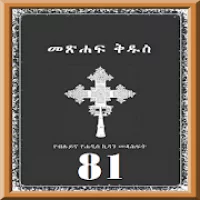
The Ethiopian Orthodox Tewahedo Church has the largest canon of books of any other Christian church in the world. The church’s biblical canon comprises 81 books. Along with the Hebrew Bible, a number of additional books, known as the Deuterocanonical books, were added, including the Book of Enoch, Jubilees, and others. However, some sources speak of an even broader canon, which has never been published as a single compilation but is said to include additional books: two Books of the Covenant, four Books of Sinodos, an Epistle of Peter to Clement, and the Ethiopic Didascalia.
Related Articles
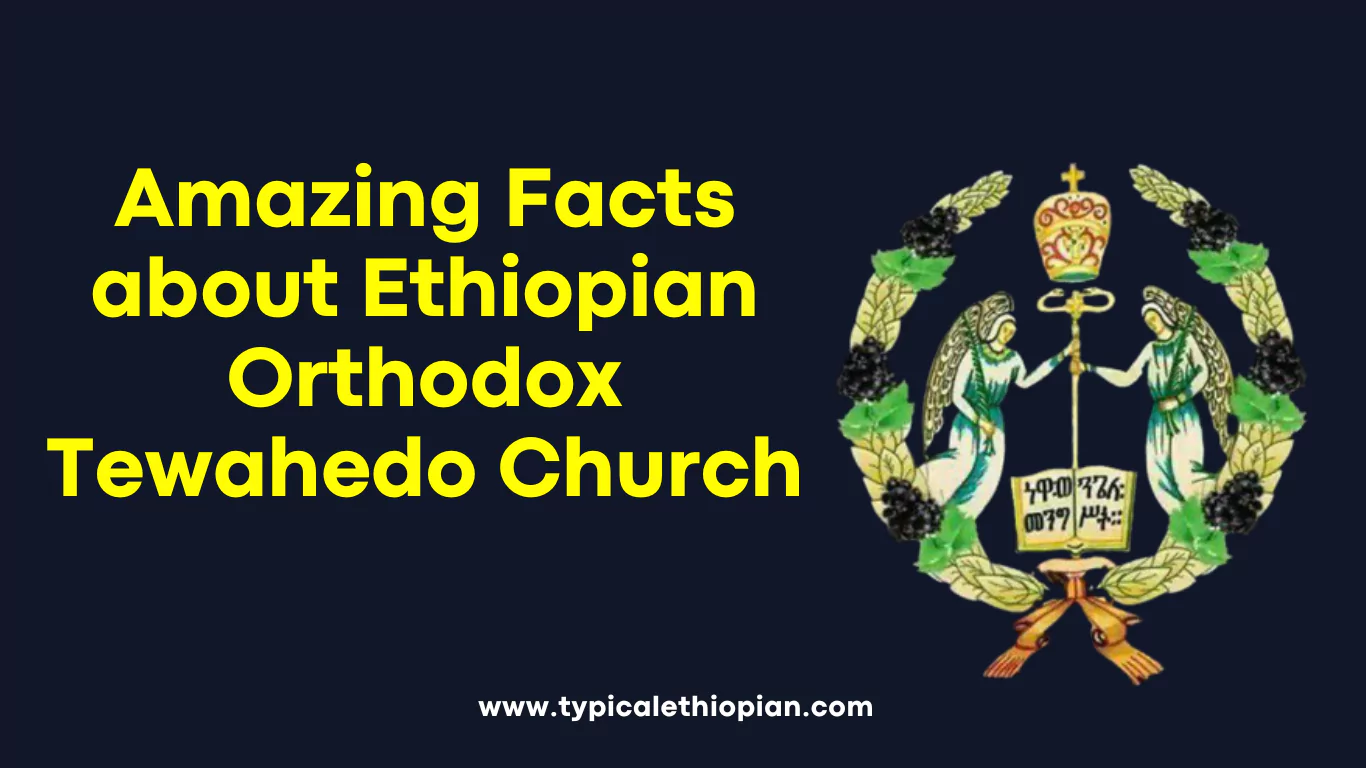
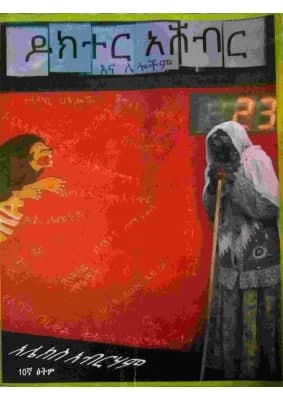
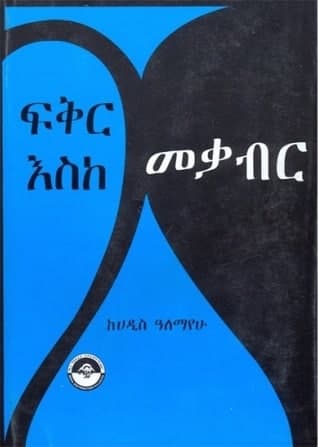
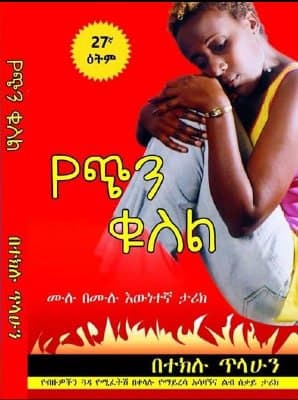
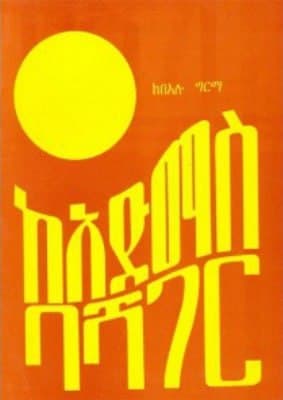
የኢኦተቤ መጻሕፍትን ብትይዙ ጥሩ ነው